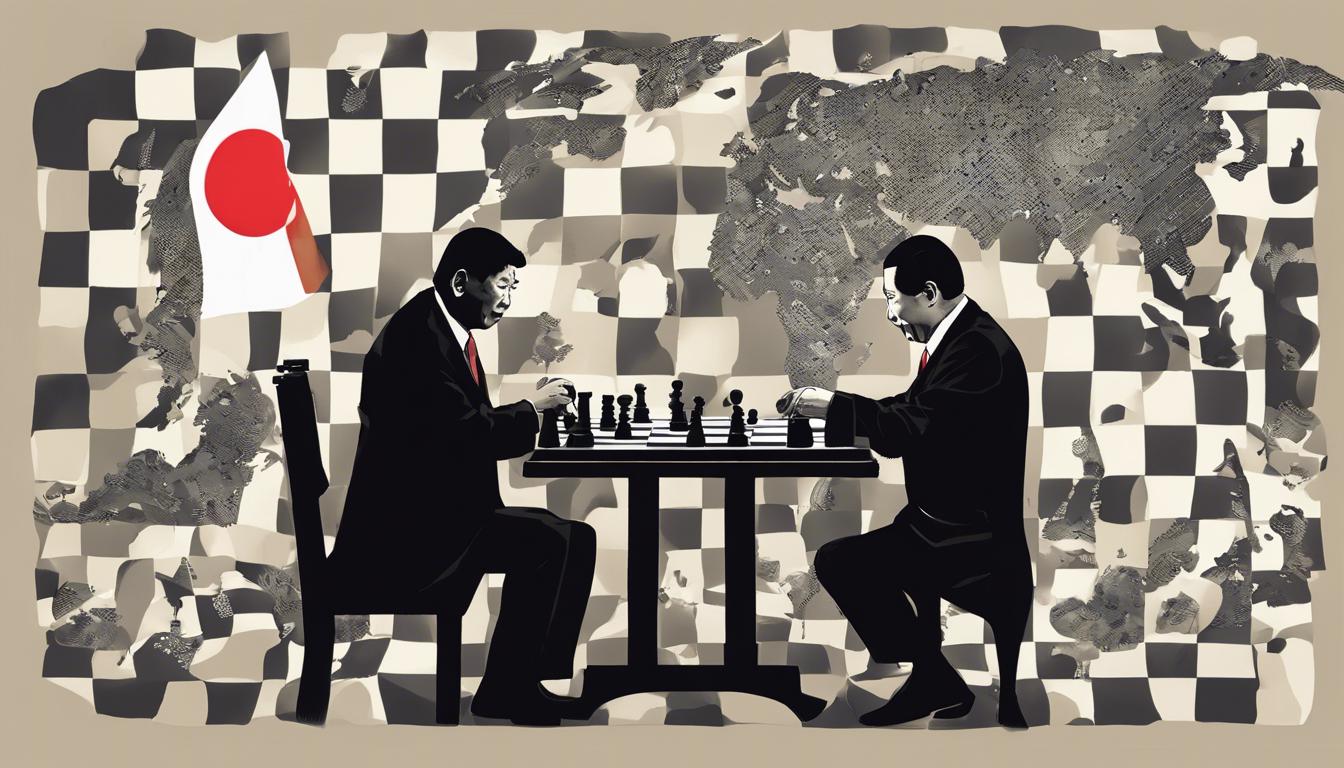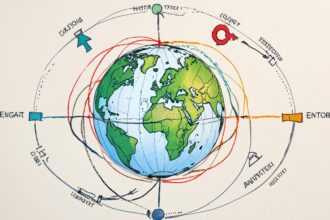Chinese President Xi Jinping has renewed calls for peaceful reunification with Taiwan during a pivotal meeting with former Taiwanese President Ma Ying-jeou in Beijing, amidst significant geopolitical shifts and Taiwan’s upcoming presidential change.
On April 10, 2024, Chinese President Xi Jinping held a significant meeting with former Taiwanese President Ma Ying-jeou in Beijing. This encounter, aligning with the 45th anniversary of the Taiwan Relations Act, was their first since a 2015 meeting in Singapore and occurs as Taiwan is on the cusp of a presidential power transition. During the discussions, Xi reiterated his stance that Taiwan, which he considers a province of China, should be reunified with the mainland, ideally through peaceful means rather than military action. He underscored that “external interference” would not halt the progress towards reunification.
Ma Ying-jeou, representing the Kuomintang (KMT) party which favors closer ties with China while opposing reunification, emphasized the importance of resolving cross-strait issues amicably to avoid conflict. His participation in the talks aligns with his history of promoting cross-strait exchanges during his presidency, which ended in 2016.
This meeting carries considerable political weight, especially as Taiwan prepares for the inauguration of Lai Ching-te, who is known for his pro-independence stance. Beijing’s outreach to Ma and political maneuvering suggest a strategic pushback against movements toward Taiwanese independence and possibly a signal to the incoming government in Taiwan and to the United States amidst ongoing regional tensions.
Additionally, recent polling data from Al-Monitor in collaboration with Premise indicate shifting geopolitical sentiments in the Middle East and North Africa. Russian President Vladimir Putin and Xi Jinping outpace US President Joe Biden in popularity across Egypt, Iraq, Tunisia, and Turkey. This survey illustrates a potential decline in US influence in the region, with many respondents predicting a stronger regional presence for Beijing and Moscow in the coming decade.













